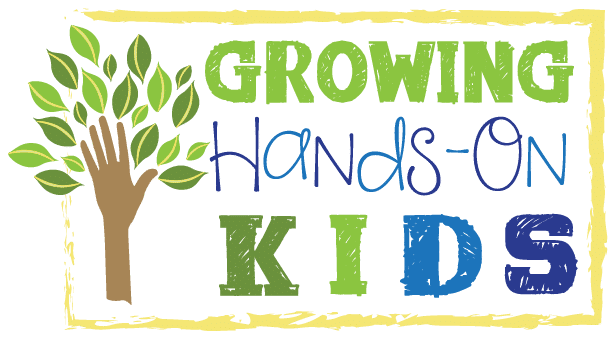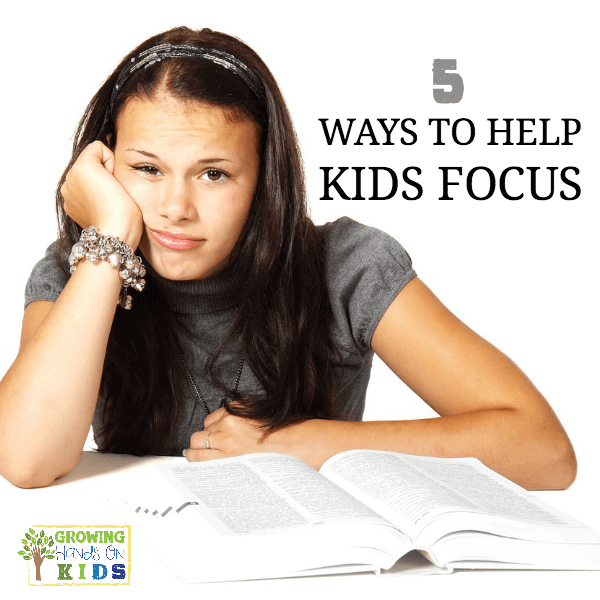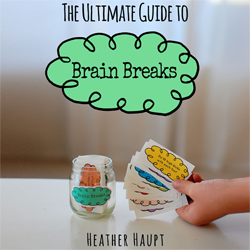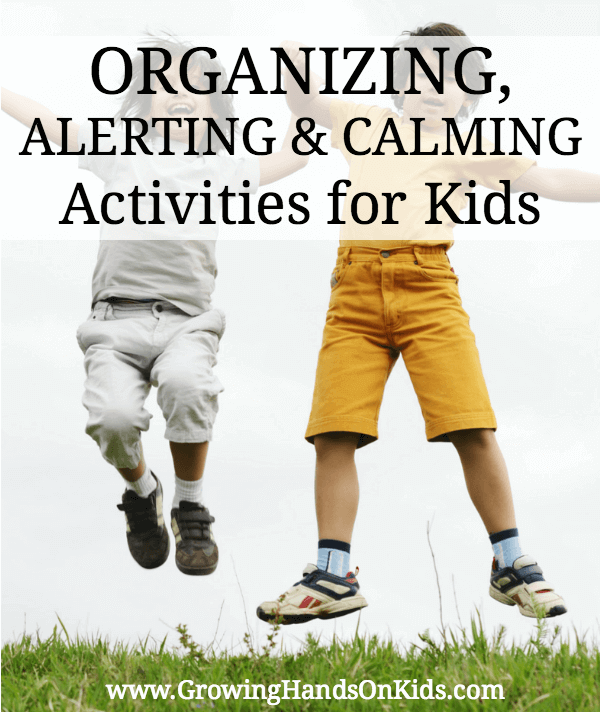5 Ways to Help Your Kids Focus
Affiliate and Referral links are used below to promote products I love and recommend. I receive a commission on any purchases made through these links. Please see my disclosure policy for more details. As an Amazon Associate, I earn from qualifying purchases.
The term “squirrel!” has been used to describe people who are distracted or have a hard time focusing on the thing at hand. As adults, we often have a hard time focusing throughout the day and need to learn how to re-focus on what we are supposed to be doing. Asking our kids to focus completely during an 8 hour school day is basically impossible. Here are some ways you can encourage your kids to focus and break up the day, either in the classroom or at home.
5 Ways to Help Your Kids Focus
Here are the 5 main things I am going to list, and then we will look into each one more closely below.
- Start with Gross Motor Activities First
- Take a Break or Brain Break
- Decrease background noise and visual stimuli in the learning environment
- Teach to their interests
- Use hands-on learning techniques
Start with Gross Motor Activities First
Before you ask your kids to sit down and work on school work or a learning activity, get some much-needed energy out and blood flowing with gross motor activities. This can be something you all do together as a class or less informal gross motor play such as hitting the playground and outdoor play first before coming inside.
For homeschoolers, depending on how your child's behavior is, you may need to start with some sit-down work first and then take many breaks throughout the day. Sometimes it is hard to get kids to come back to sit-work after they have been outside. OR you can start with some indoor gross motor play, then do outdoor play after your school work is done for the day. Follow your child and set up a routine to help them know what to expect.
Here are some gross motor activity ideas for you:
- Organizing, Alerting and Calming Activities for Kids (comes with a free printable).
- Summer Developmental Activities for kids – these can be used all year round and there are some good gross motor ideas.
- 5 Way to Improve Gross Motor Skills Over the Summer – Again, not just for summer.
- Ideas for Gross Motor Play in your Tot-School or Preschool
Remember that many children will need a cool down period or calming activities before going back to do sit-down work. Having some fidgets, sensory play activities that involve touch or sight can be very helpful (think play dough, discovery/calming bottles etc).
Take a Break (Or Brain Break!)
Breaking your learning time up with “brain breaks” is another excellent way to improve focus. You can either use some of the gross motor activities I listed above, or you can use some of the ideas below.
An excellent resource for the classroom or home is the Ultimate Guide to Brain Breaks. This book gives excellent information on the science of brain breaks and also includes 60 brain break cards that you can cut out and use in your classroom or home throughout the day.
Either schedule your brain breaks every half an hour to an hour depending on your child's age, and also have them ready if another break is needed in-between.
Decrease Background Noise and Visual Stimuli
This is going to be more child dependent, but as a general rule, decreasing the background noise and visual stimuli in a room is a good idea. Particularly if your child seems to be overwhelmed with a lot of incoming visual or auditory sensory information, it is a good idea to decrease these.
For a classroom, don't hang up as much on the walls or locker areas. Turn off the fluorescent lights (Florescent Lighting and Children's Behavior) and use lamps or Christmas lights across the top of the room (double check with your school's safety rules for this first).
If you aren't able to use secondary lighting, using fluorescent lights covers is an option (again get permission from your school). Also having headphones available for those who need a quieter environment is helpful.
For home, make sure the TV is turned off and you have quiet space in your home for children to work. If you are homeschooling and have multiple children, perhaps set up multiple spaces for them to do school work (some with more noise and others with less noise). The headphones are also a good option if you don't have a lot of space.
Keep in mind that some children NEED noise or music in order to focus. It is very child specific, so having options for all is important.
Teach With Your Child's Interests
Using something your child is interested in is going to hold their attention and focus much more. Again this is going to be very child-specific, and sometimes we can't always teach to everyone's interest (especially in the classroom). There are some times a child needs to learn a certain concept and there's no way around it (this is when you can add in the brain breaks I mentioned above!).
At the beginning of your school year, take an informal assessment of each child (interview style) asking them what they enjoy to do, what they love learning about, or what subjects they like the most. Keep these in mind as you plan your school year.
Use Hands-On Learning Techniques
Using hands-on learning is so important for any age group, but especially the younger kiddos under age 6. All children learn best by exploring and using their hands. For our home, we focus on hands-on, multi-sensory rich activities, especially since my kids are 5 and 2. But you can add hands-on learning to any type of teaching style.
A Note About Essential Oils for Focus
You have probably seen a lot of articles out there about essential oils and how they can be used to help with focus. Please research for yourself first and don't just take someone's word for it. I have used a variety of different brands including Young Living and Rocky Mountain Oils. I still use oils from both of these companies.
What are some ways you have found to help your kids focus at home or in the classroom?
I'd love to hear about them, just drop me a comment below and let me know!
You May Also Like:

Heather Greutman, COTA
Heather Greutman is a Certified Occupational Therapy Assistant with experience in school-based OT services for preschool through high school. She uses her background to share child development tips, tools, and strategies for parents, educators, and therapists. She is the author of many ebooks including The Basics of Fine Motor Skills, and Basics of Pre-Writing Skills, and co-author of Sensory Processing Explained: A Handbook for Parents and Educators.




I like the idea of using headphones to help limit distractions while doing schoolwork. What kind of music would you suggest listening to? I know you say it is child specific, but are there any styles that should be avoided? Thanks for all these great ideas!
Hi April, classical music is one I would probably start with first. Something with words may de distracting. However, as you said, it is going to be child specific. You may need to try different styles to see what works. I would try to stay away from songs that raise the heart rate and that ask kids to do specific movements or activities during them. Hope that helps!